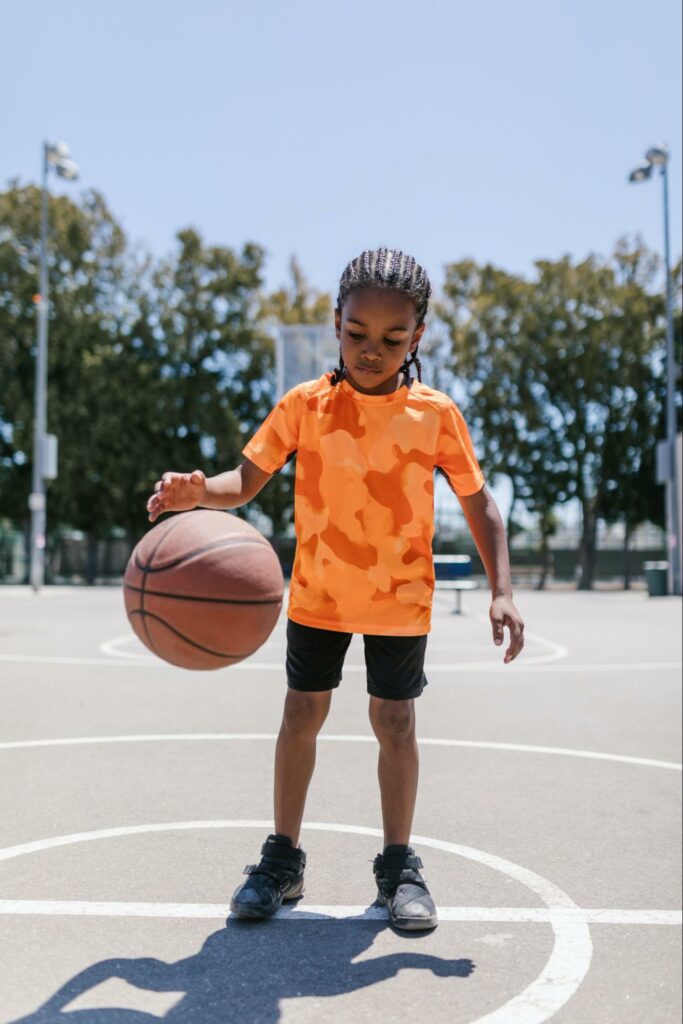In 2018, Dr Monica Carr of Australia’s Monash University undertook research to find out whether the KneoWorld program would be of benefit to students who found learning difficult in mainstream education. 67% of the children sampled had been diagnosed with a variety of neurodivergent conditions such as Oppositional Defiance Disorder (ODD), Attention Deficit Hyperactivity Disorder (ADHD), and (Autistic Spectrum Disorder) ASD.
While these disorders do not necessarily present as a learning disability, their symptoms can cause behaviors that are not conducive to linear learning as found in school. They often find it difficult to focus, require different levels of stimulation – both physically and mentally, and may present with challenges such as an auditory processing disorder.
So, what were the findings? Can KneoWorld help students with neurodivergent conditions?

The research found that children who participated in both the online and offline tasks were able to complete them and within the set timeframe, thus meeting a deadline. It demonstrated their ability to stay focused and on-task for a set period.
Children with ADHD, ODD, and ASD, often find social situations a challenge. They may not be able to behave appropriately. However, Dr Carr’s research found that throughout the process, when children had achieved a task, their subsequent behavior was socially appropriate.
With this research in mind, how does KneoWorld provide an inclusive program?
KneoWorld’s foundations are built upon pedagogy designed to complement existing curricula and meet educational standards. These meaningful lessons are created in collaboration with early childhood and elementary school teachers with the guidance of current research.
The goals of the platform are to integrate technology with hands-on learning in unique ways to actively engage students in critical thinking and creativity through the process of learning. This is fundamental to students’ success.
Meaningful Instructional Design
Every element of the program has been carefully thought out to ensure that the instructional methods offer meaningful experiences. For KneoWorld it is not enough that the activities are aligned with the curriculum if it does not resonate with the learners. Because they are being responsive to the additional needs of children, every choice they have made has been created and evaluated through the lens of,
- The physical learning environment
- How it will meet the lesson’s high expectations
- Appreciating the necessity of being inclusive and culturally responsive
- Providing best learning practices
- The curriculum’s ongoing professional learning opportunities and support

Online and Offline Activities
Research suggests that children should mix their screen time with other activities to avoid too much sedentary time. It is for this reason that KneoWorld chooses to dedicate time to both online and offline lessons, which at the same time, ensures children stay focused and engaged.
The learning cycle is supported by printable workbooks, collaborative hands-on activities and family-friendly experiences that connect the offline with the online.
Data Informed Progress
For KneoWorld, the curriculum is not a static document, but rather one that is living and evolving. While there are standards children need to work towards and meet, the path to reach them involves an ongoing process of gathering information about a student’s learning.

Because of the inclusive nature of the program, each child has the opportunity to demonstrate their knowledge and skills. This process starts through pre-testing where a student will run through the assessment.
This gives the educator a picture of where the student’s base knowledge is at and they use the data to inform their practice, making instructional decisions to support their students’ learning needs. These include, the teaching approaches, materials, and supports.
Once the child has completed the unit, they are re-tested to measure the impact of learning, ascertaining their new skill level and what educational pathways to follow next.
This method of learning and assessment enables educators to receive individual student level reports so they can personalize each child’s learning and meet their individual needs.
What else does KneoWorld provide?
To balance out the lessons there are Adventure Stories and Brain Games. These are a way of enabling students to take a break from the main lessons and home in on specific skills.
Brain games support cognitive development, including matching, pattern recognition and fine motor skills across several levels. They are delivered on screen randomly to give children the opportunity to explore the different games. This also supports students with additional needs to develop their decision-making skills.

KneoWorld’s Adventure Games are based around the STEM curriculum and focus on KneoExplorers’ grand adventures. The environment, clean air and water, renewable energy and climate change are key elements and provide a platform for learning about social responsibility.
What does the report conclude?
The research found that children with additional needs were highly responsive to the KneoWorld platform and that it may “position the game as a vehicle for alternate testing of students who may otherwise not participate in formal classroom testing because of conditions such as ODD, anxiety, or other neuropsychological challenges.
As a result, KneoWorld can provide an inclusive environment to support children with additional neurodivergent needs. Those who are excluded from mainstream educational settings as a result of challenging behaviors can develop essential social skills by engaging with the platform.


